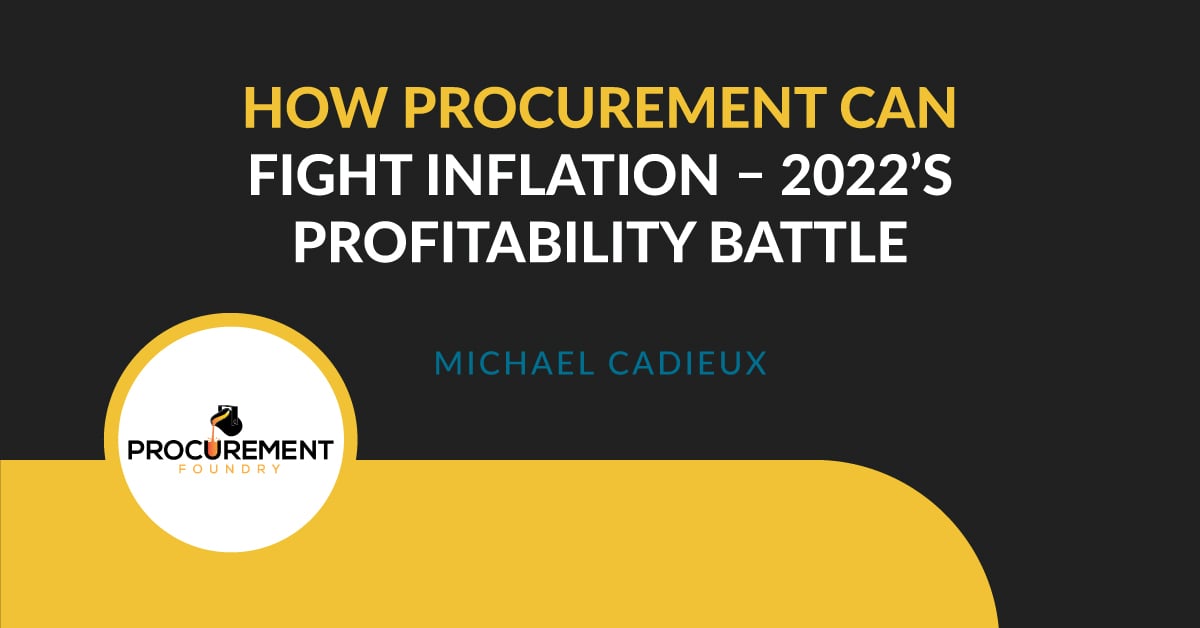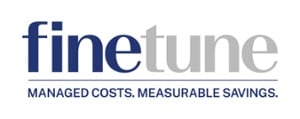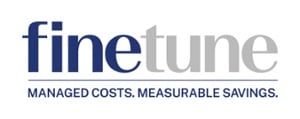Maximizing Savings Opportunities and Procurement's Strategic Value for CPOs
Saving money is not always about pinching pennies: advanced and data-driven insights enable you to identify real cost-saving opportunities, negotiate...
2 min read
![]() Michael Cadieux
:
6/8/22 11:10 AM
Michael Cadieux
:
6/8/22 11:10 AM

As we continue into 2022, procurement faces massive and unprecedented price hikes on necessary items and labor. If you’re one of the practitioners and CPOs struggling to prevail in this profitability battle, this article is for you. We discuss how procurement can fight inflation and continue to bring cost savings and value to the C-Suite.
A recent Forbes article shed some light on the current plight American consumers, in particular, are facing, but the effects are far-reaching and touch all. The article points out that prices are not only skyrocketing, but they are increasing at a breakneck pace—the fastest since the early 1980s.
According to the most recent Consumer Price Index (CPI) report, prices in March 2022 experienced a staggering 8.5% uptick from March 2021 prices, making it the largest year-over-year gain since December 1981.
The Forbes article attributes this dramatic high rate of inflation to many reasons, highlighting areas with price hikes over the past 12 months: energy (32%), food (8.8%), gasoline (48%), and shelter (5%). The high price of gas has been directly linked to the devastating Russian invasion of Ukraine currently occurring, which has caused oil prices to surge, thus driving up costs per gallon of gas.
Celeste Revelli, a director of financial planning at eMoney Advisor, explained the current sentiment of consumers and the industry: “There’s definitely a lot of financial anxiety.” Revelli added that it’s difficult to know how long inflation will last. So, how worried should we be?
The short answer is yes. If this lasts for another 12 months, it will drastically impact how procurement can show value, produce cost savings, and practice cost avoidance. Among current concerns are the new lockdowns occurring in places like China, which will impact the supply chain yet again.
The impact of that is likely to drive costs of certain items even higher, making reshoring a priority. And that’s only one example of the ripple effect that occurs when just one element in this fragile ecosystem experiences any substantial shift.
McKinsey discussed the nerve center approach for inflation control. This approach adopts an early-stage initiative to ensure supply and price stability by attacking the issue at its core—bringing together experts from all areas of the value chain. This would include supply chain, finance, operations, and engineering experts. They would all focus on addressing the most dire and vital pain points of supply-availability problems for raw materials, components, and related inputs.
This nerve center dream team will vastly improve a company’s response to disasters, uncertainty, and unsuspected emergencies. How will they do this?
One action point would be increasing the watch on specific KPIs, such as PPV and tail spend, which can help spot oddities. Procurement will also need to add software and AI and help keep a keen eye on pricing and long-term strategies and negotiations. Looking at contingent vs. staff workforces and the advantages and disadvantages of each is also a priority.
When implemented correctly, the nerve center approach can be a lifesaver. According to the same McKinsey article, “Companies that implement nerve centers effectively can structurally improve their cost base, protect and enhance margins, and drive organizational alignment.”
The article also gave an example of a basic-materials company reducing a major supplier’s price increase by more than 20% and a component manufacturer successfully navigating supply and price volatility in semiconductors and steel—both thanks to tackling inflation with this unique model.
The short answer is no. The harsh truth is that there is no band-aid solution or surefire way for companies to avoid inflation. Overall, the best thing to do is think long-term and empower your organization to react quickly and effectively—and as one cohesive force on the battlefield. According to another Forbes article about inflation, “CFOs should accept nothing less than an effective, sustainable enterprisewide solution.”
Want to learn more while empowering yourself to fight inflation? Join the Foundry for robust discussion between procurement practitioners also fighting rising costs alongside you.

Saving money is not always about pinching pennies: advanced and data-driven insights enable you to identify real cost-saving opportunities, negotiate...

The topic of our recent roundtable discussion with a dozen Procurement Foundry community members—exploring potential flaws in procurement incentive...

Every 30 days or so, I get the same alert on my phone—“Your electricity bill is available for viewing.” I take a quick look, make sure nothing seems...